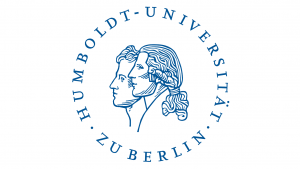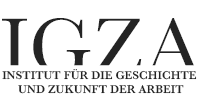Humboldt University Berlin, re:work/Institute for the History and Future of Work Fellowships
The calls for application for the fellow years 2019/20 and 2020/21 are closed.
The International Research Center "Work and Human Lifecycle in Global History" at Humboldt University in Berlin, funded by the Federal Ministry of Education and Research (BMBF) invites scholars to apply for international research fellowships (senior scholars and postdoctoral candidates) for the 2018-2019 academic year. Eight to twelve fellowships will be awarded. Applications are due in Berlin on 10 September 2017.
Candidates
We welcome candidates from various disciplines including history, anthropology, law, sociology, political sciences, geography, economics, and area studies. Applicants should be at the postdoctoral level or senior scholars. We would like the proposed projects to employ a historical and transregional perspective. Applications should ideally focus on work / labour in relation to changing patterns of life course. Possible topic areas are, among others, the household, loss of work, the relationship between work and non-work, work and gender, free and unfree labour. We welcome proposals about all regions of the world and especially those that look at comparisons, conflicts, relations between different regions. A global history perspective is not required; keeping an open mind to such ideas, however, is highly desirable.
The fellowships will begin on 1 October 2018 and end on 31 July 2019. Shorter fellowship terms will be possible.
Fellows will receive a monthly stipend to be determined. This is a residential fellowship. Fellows are obliged to work at the research center in Berlin. A fully equipped office will be provided as well as organizational help for visa, housing, etc. During the fellowship, we also encourage fellows to introduce their work to wider audiences within Berlin’s scientific community.


